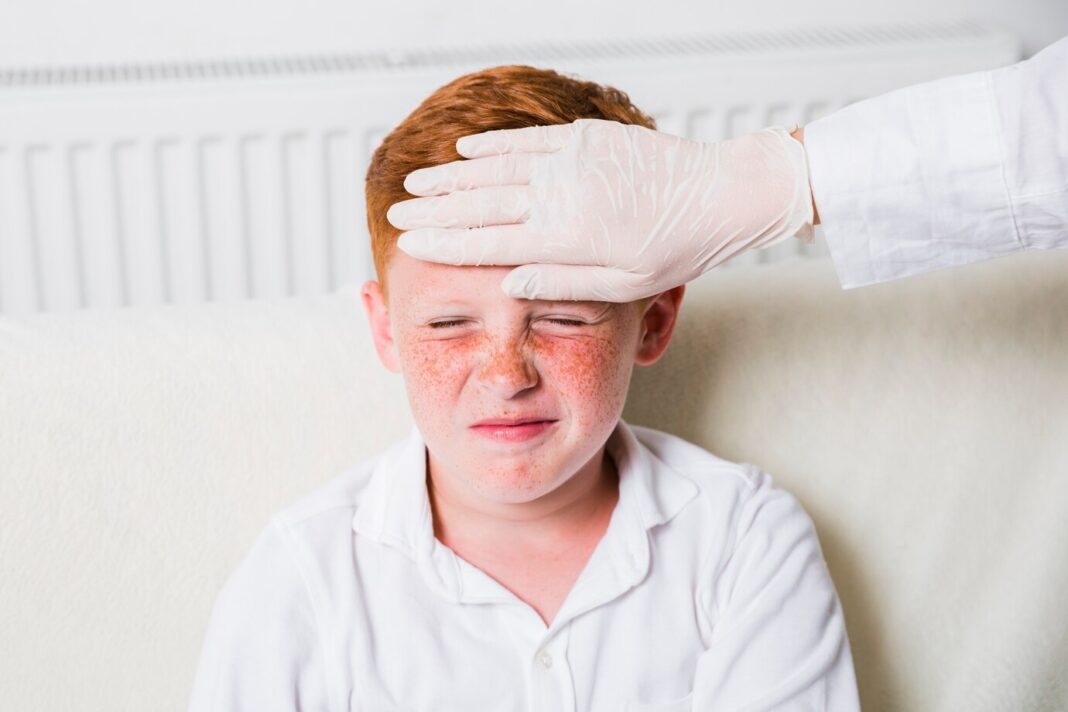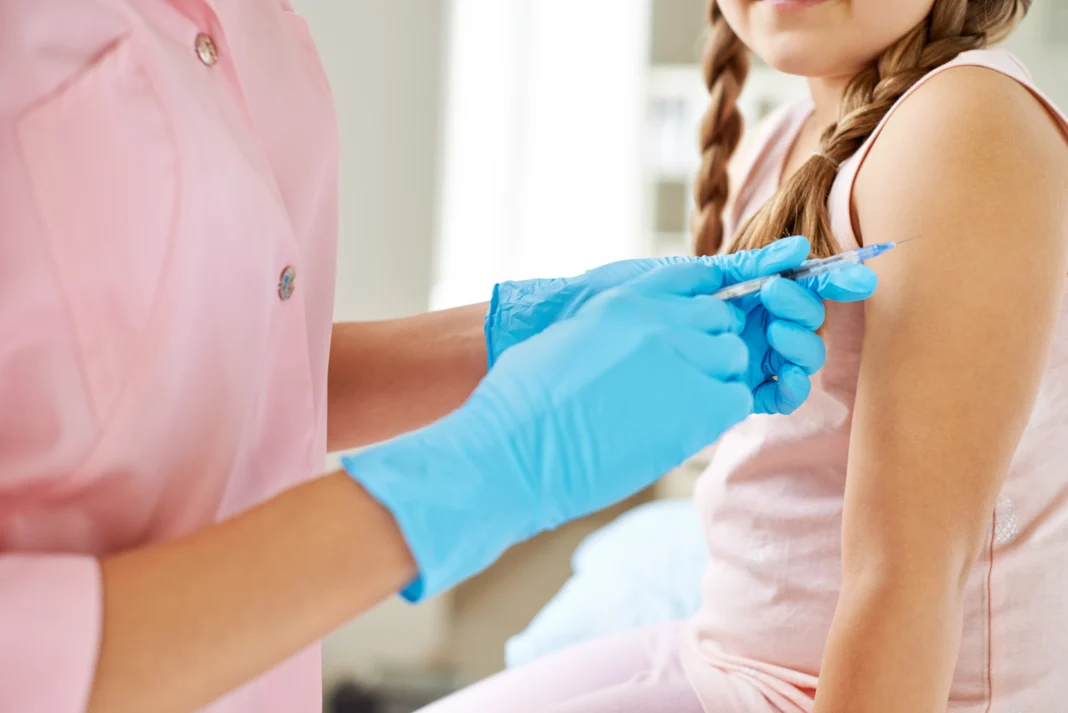There are more than 7,000 types of rare diseases across the world, out of which 5,500 rare diseases are identified under International Classification of Diseases (ICD)-11, Which is annually updated by the World Health Organization (WHO).
The ICD-11 is the global standard for recording health information and causes of death. It is developed and annually updated by the World Health Organization (WHO).
According to ICD-11, Around 50-75% of these diseases affect children, while 80% of them are genetic. Apart from genetic conditions, rare infections, rare allergic reactions, and rare types of cancer are also included in this category. Shockingly, 30% of children suffering from rare diseases succumb to them, while treatment is available for only 5% of these conditions. However, doctors believe that early diagnosis and timely treatment can significantly reduce the mortality rate.
For the first time, the National Rare Disease Conference was organized in Mumbai. More than 500 experts and scientists attended the two-day conference, where various topics were discussed. The inaugural ceremony was graced by Dr. BS Charan, Assistant Director of the Directorate General of Health Services (DGHS), Ministry of Health and Family Welfare, along with Prasanna Shirol and Rumana Hamid, Managing Trustee of Cipla Foundation, among others.
Dr. Charan highlighted that according to the WHO, a rare disease is defined as one that affects fewer than 65 people per 1,00,000 population. On average, a patient suffering from a rare disease consults more than seven doctors and spends 4.8 years before receiving an accurate diagnosis.
Additionally, 40% of patients are misdiagnosed at least once. The lack of infrastructure and advanced systems often delays diagnosis. Meanwhile, treatment options are available for less than 5% of rare diseases, with the medicines costing 13.8 times higher than regular drugs.




